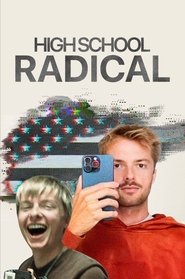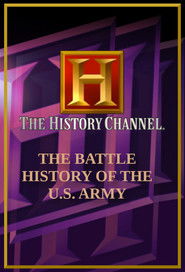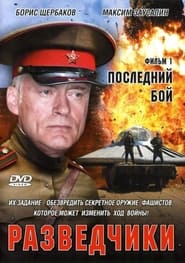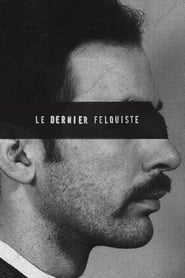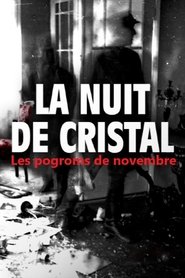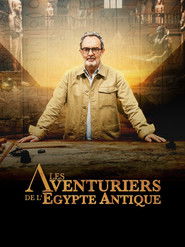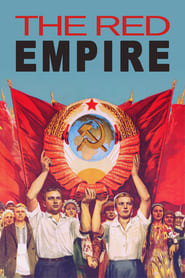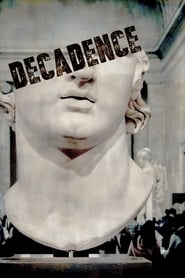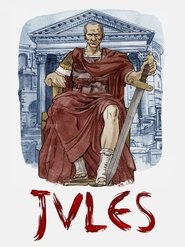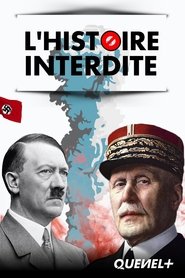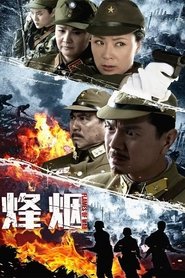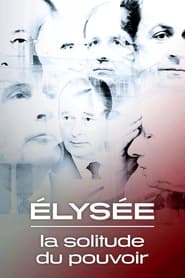War Politics TV Series - Page 116
-
High School Radical
2025
High School Radical
2025
star 7.3At 16, Max left with dreams and a GoPro slung over his shoulder for an exchange program at a high school in Oklahoma. Since then, Donald Trump has become president, the Capitol has been stormed, and abortion bans have gained ground. On the eve of Trump’s second term, Max goes back to see his friends to understand what their journeys reveal about the evolution of American society. -
Battle History of the U.S. Army
2002
Battle History of the U.S. Army is a 2002 documentary series by Lou Reda Productions for The History Channel, offering a comprehensive overview of the United States Army's combat history. The series covers conflicts from the Revolutionary War to modern times, emphasizing the Army's development and its role in defending democracy. Made in cooperation with the U.S. Army, with access to their historians and battle archives, which are the oldest and most extensive of all of our armed services. -
Europe: Them or Us
2016
Europe: Them or Us
2016
As the UK gears up to decide its future in the June referendum, Nick Robinson explores the troubled history of the UK's relationship with Europe. -
Le dernier felquiste
2020
-
Abu Zeid el Hilali
2008
Abu Zeid el Hilali
2008
One of the most highly applaused Arabic Knights, known in history for his courage, cunning and as a master of all trades. The Series depicts the journey of Abu Zaid Alhilaly as the knight of his treibe united to free his three friends from the ruler Zinaty who is the ruler and king of a place in Tunisia nowadays. The story though based on real events, should have limts for imagination and exaggeration of Abu Zaid as a folks tale hero. The story took place around 1000 bc. -
Timeless Whispers
2024
Timeless Whispers
2024
In the 23rd century, the Empire of Solaris controls the country of Lytheria. Kenta works for "C.L.O.C.K.", a company who goes back in time to fix anomalies and stop lytherians from changing the past. In the 200th anniversary of the Empire, everything changes, Kenta's morals are questioned and the future (and the past) are uncertain. -
Das Rote Imperium
2022
-
Decadence
2020
Decadence
2020
star 8A collection of thoughts about the notion of decadence regarding Western philosophy, faith, and culture. -
Jules
2024
Jules
2024
-
La Guerre de Poutine
2024
-
L'Histoire Interdite
2020
-
Savcı
1992
Savcı
1992
-
烽烟
2014
烽烟
2014
-
Élysée, la solitude du pouvoir
2017
By making the Elysée Palace the most coveted, and also one of the most mysterious residences in France, the founder of the Fifth Republic surely never imagined that his successors would discover the immense solitude of power there. De Gaulle, Pompidou, Giscard d’Estaing, Mitterrand, Chirac, Sarkozy, then Hollande: Each of them had the opportunity to experience the dizzying nature of supreme office in this 18th century palace with the appearance of a bunker. It is this intimate, solitary and silent history that is recounted here, through key events, previously unheard accounts, and rare archive footage. The film reveals above all how heads of state are capable of secretly walling themselves up in serenity, gravity, tragedy, or dignity, as they embrace their destiny along with that of France. -
America Now
0000
America Now
0000
America Now is a daily television magazine program hosted by Leeza Gibbons and Bill Rancic, featuring "news you can really use" on lifestyle topics such as health, diet, family and pets. The program, which airs Monday through Friday, is produced by ITV Studios America. America Now is broadcast across the United States on stations owned by Raycom Media and is airing via syndication in other markets around the country.

